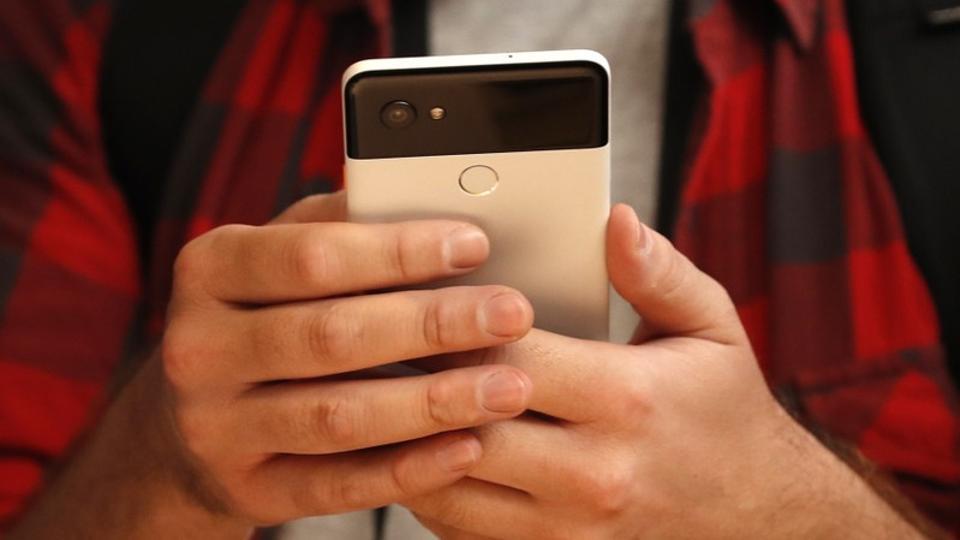India’s telecom regulator TRAI backs net neutrality for open internet
TRAI in its new recommendations has backed the core principles of Net Neutrality.

India's telecom regulator has backed an open and free internet, saying internet service providers cannot discriminate on how people access web content.
In its recommendations issued on Tuesday, the Telecom Regulatory Authority of India (Trai) upheld the concept of so-called net neutrality and said no Internet Service Provider (ISP) can grant preferential data speeds or treatment to any web content.
"A licensee providing Internet Access Service shall not engage in any discriminatory treatment of content, including based on the sender or receiver, the protocols being used or the user equipment," Trai said in its much-awaited recommendations.
The global debate over net neutrality revolves around whether ISPs should be treated like public utilities to ensure the internet is open and free, or be allowed to prioritise access to content of their choosing for an extra fee from websites and services.
India's stand on net neutrality contrasts that of the US telecom and broadcasting regulator whose Indian-origin chief Ajit Pai is backing a plan to end unhindered and non-discriminatory access to the internet, a controversial proposal spotlighted by online giant Facebook's internet.org and Free Basic offer in 2015.
The Indian regulator, however, exempt certain "specialised services", defined by the telecom ministry, from its new guidelines so long as it did not violate the principles of net neutrality. It suggested the government change rules for granting licences to ISPs and set up a monitoring body to ensure net neutrality.
At about 31%, internet use in India is still relatively low, although more of its billion-plus population is now accessing the cyberspace. Almost 80% of the internet users in the country access the internet on mobile phones, according to web analytics firm StatCounter, making it the second-largest market for the handheld device.
The government too has pushed internet use with Digital India, and Prime Minister Narendra Modi underlined the point at a business summit attended by US President Donald Trump's daughter and advisor Ivanka in Hyderabad on Tuesday.
"We have launched a programme to provide high-speed broadband internet to all rural areas by March 2019," he said, adding that the number of smartphone users in India was projected to grow to more than 500 million by 2018.
Trai's latest suggestions come as a reconfirmation of its stand last year when it ruled in favour of net neutrality by prohibiting discriminatory tariffs for data after an extended campaign by internet activists.
Its latest suggestions go a step further and recommend prohibiting any service provider from throttling data speeds. "Nobody owns the internet and, therefore, it's everybody's property and it should be open and accessible to everybody," Trai chairman RS Sharma said. "You should not do the gatekeeping of this great resource."
Trai's recommendations are the latest in India's efforts to define net neutrality. In January, the regulator floated a consultation paper and invited views on neutrality and followed it up with several open house discussions.
Advocates of an open internet largely welcomed the recommendations and called on the telecom ministry to accept them.
"Overall framing and recommendations are positive and supportive of international best practices to protect net neutrality," said Apar Gupta of the 'Save the Internet' initiative and co-founder of Internet Freedom Foundation.
(With agencies)
Catch all the Latest Tech News, Mobile News, Laptop News, Gaming news, Wearables News , How To News, also keep up with us on Whatsapp channel,Twitter, Facebook, Google News, and Instagram. For our latest videos, subscribe to our YouTube channel.































